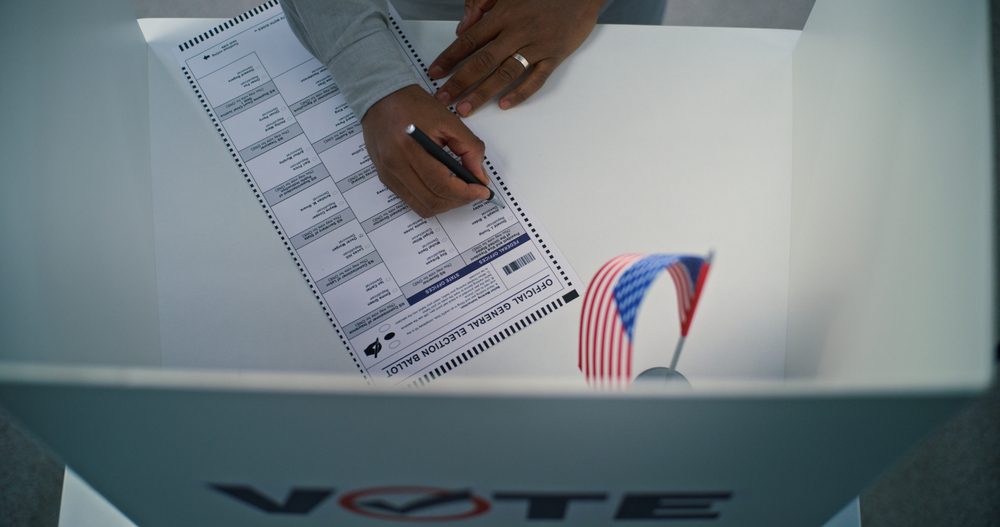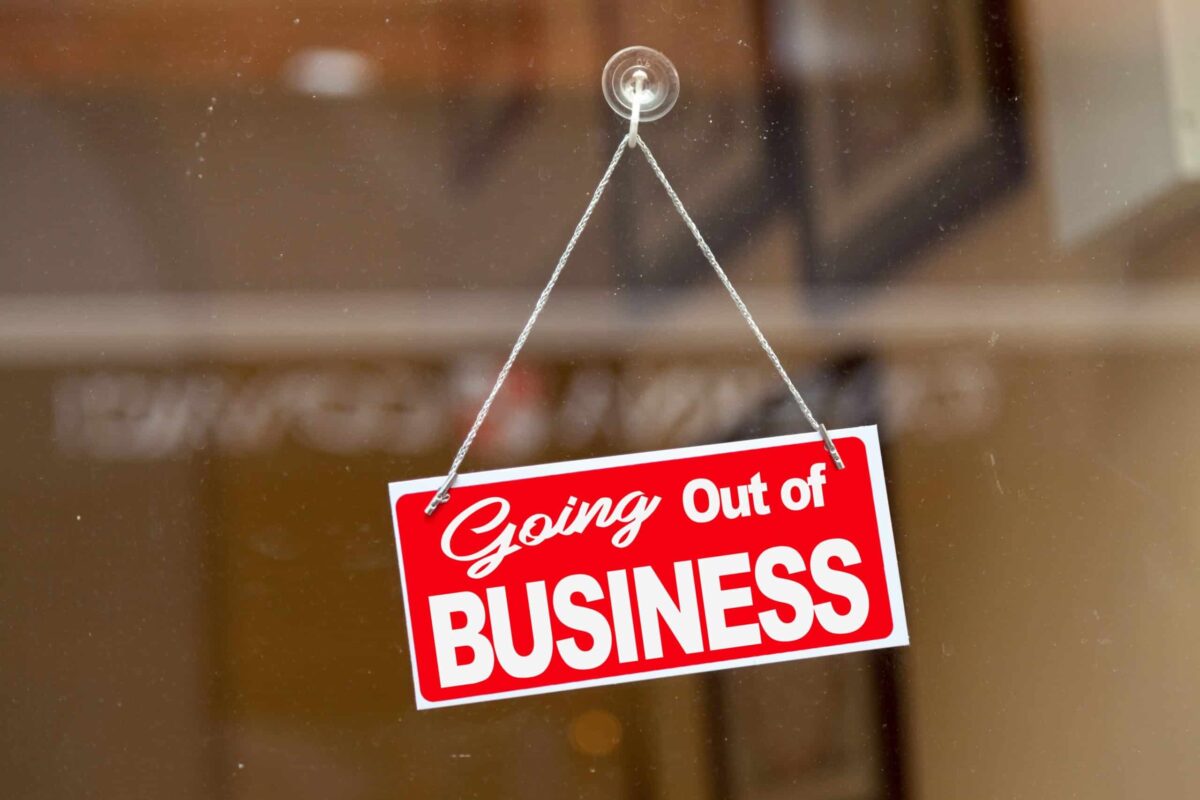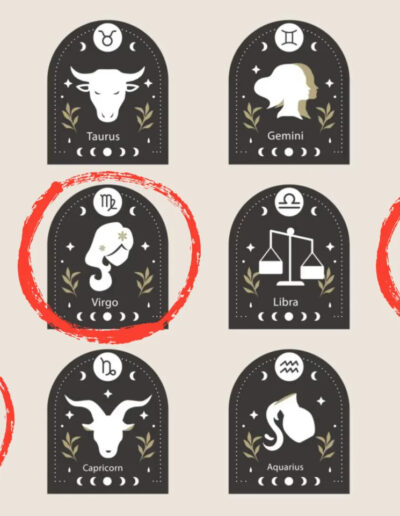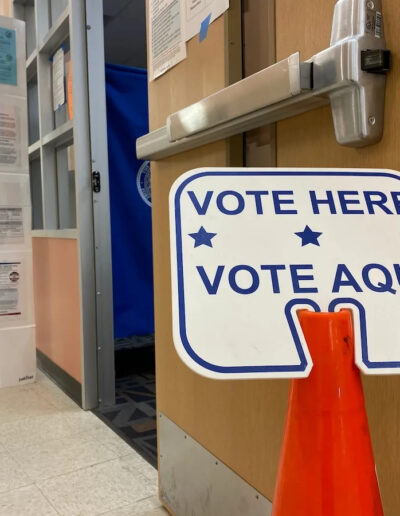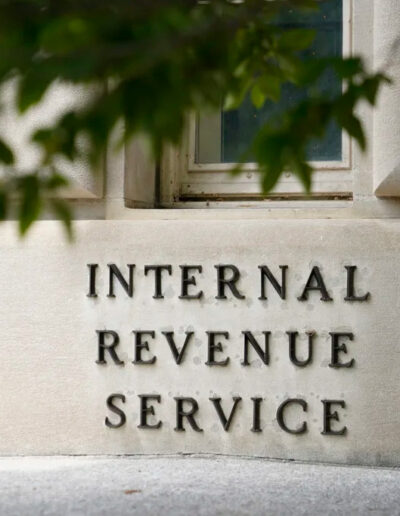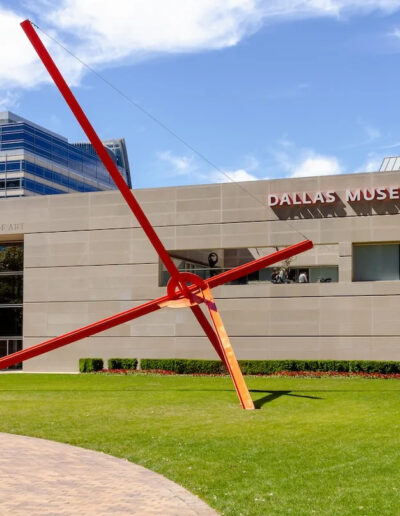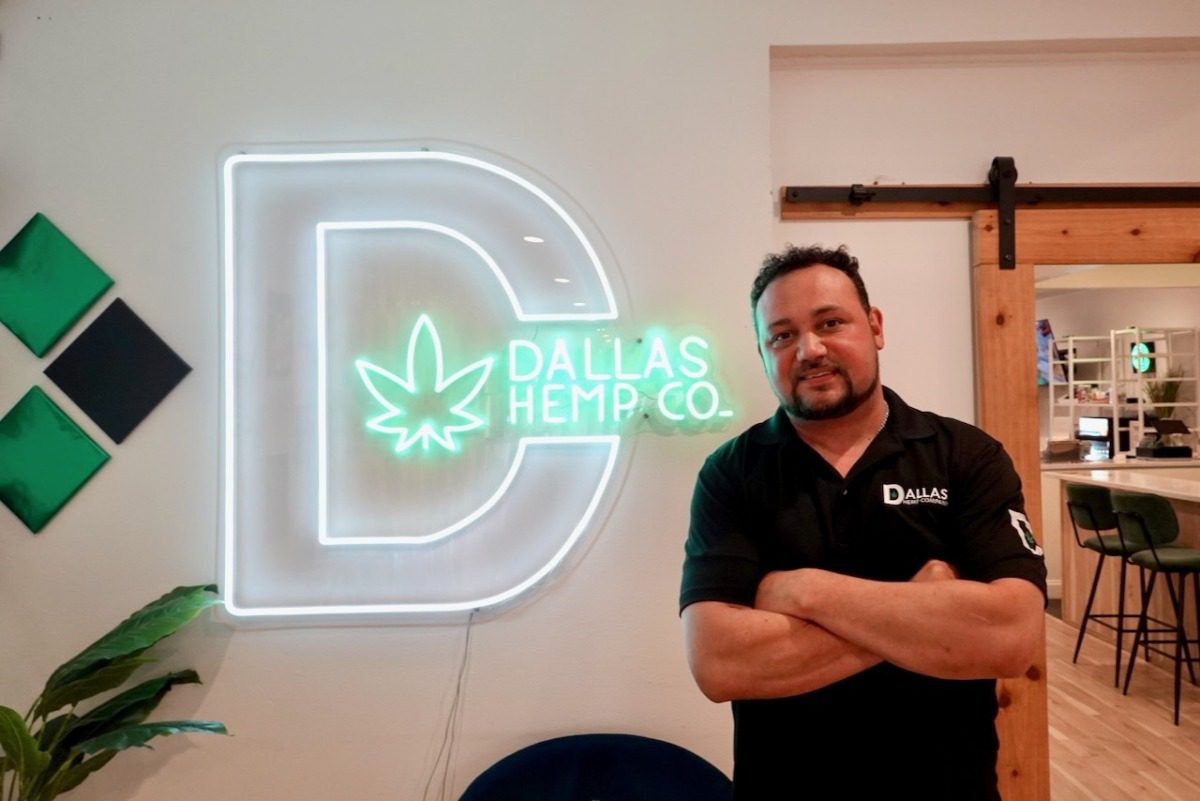
Shan Claudio, who started Dallas Hemp Co. online in 2018 and opened a brick and mortar store in East Dallas in 2020, said he has considered moving his business to Puerto Rico if the ban is implemented. (Photo by Katie Serrano)
State lawmakers banned consumable THC products after pressure from Lt. Gov. Dan Patrick. Local businesses are pleading for Gov. Greg Abbott to veto the bill.
For Candice Stinnett, owner of Emerald Organics in Fort Worth, the possibility of a statewide THC ban is personal. She was first introduced to cannabis while undergoing cancer treatment, and has experienced its benefits first-hand.
Since opening her shop in 2019, she’s seen people from all walks of life — including veterans, grandmothers, and college students — enter her store, finding relief from stress or insomnia with the help of her products.
“The uncertainty has been debilitating,” said Stinnett, who is waiting to see if the ban will be implemented. “There’s anxiety, there’s feelings of loss, there’s the stress of instability.”
The Texas Legislature passed Senate Bill 3, banning all hemp-derived and tetrahydrocannabinol, or THC, products in the state.
If Gov. Greg Abbott — who signed a bill in 2019 that legalized the sale of products with less than 0.3% of THC — does not veto SB 3, an $8 billion industry that includes over 8,000 small businesses and employs over 50,000 people throughout the state will be wiped out.
On June 11, Abbott said he hadn’t made up his mind about the bill, but that he was “going to give it the thoughtful consideration from every angle that it deserves.”
Abbott has until June 22 to sign the bill, veto it, or allow it to take effect. If he signs the bill or takes no action against it, the ban will take effect on Sept. 1, prompting some local shop owners to consider relocation.
“ This place is like my sanctuary,” said Shan Claudio, owner of Dallas Hemp Co. in East Dallas. “I hope Abbott thinks about the families, thinks about everybody that has started one of these businesses and is thriving and doing well. I have two daughters. I’m a single father. It pays our bills. This company has put my kids through school.”
Claudio, who started Dallas Hemp Co. online in 2018 and opened a brick and mortar store in East Dallas in 2020, said he has considered moving his business to Puerto Rico if the ban is implemented.
“ Hopefully we don’t have to do that, because this is my home. I hope the pressure to veto works. If it doesn’t, then it just shows that they don’t listen to us and we don’t have any representation here,” he added.
In Texas, nine cities have voted to decriminalize small amounts of marijuana possession over the last five years, and nearly 70% of Texans support decriminalizing the possession of marijuana for personal use, while 62% support legalizing the sale and possession of recreational marijuana, according to a recent poll.
Despite statewide cannabis support, SB 3 was a key priority for Lt. Gov. Dan Patrick, who threatened a special session if the bill didn’t pass.
But since its passage, Patrick has received rare pushback from other members of his party.
Rep. Briscoe Cain (R-Deer Park) voted against the ban, stating it goes against “the Texas mantra of being pro-business, pro-farmer and pro-veteran.”
An alternative to the ban, HB 4242, was proposed by Cain and gained some support from the hemp industry. It would have raised the age to buy THC products to 21, barred sales within a certain distance of schools, and outlawed marketing the products in ways that are “attractive to children.”
And while Patrick has emphasized that the ban is about protecting public health, critics of the legislation have pointed out his close ties to the alcohol industry, receiving significant campaign donations from beer distributors throughout the state, according to the Austin County News.
“It’s no coincidence that the big alcohol lobby is putting a lot of money and effort into banning THC,” said Deborah Armintor, a member of Decriminalize Denton.
Molly Mathias, owner of Go Easy in Bishop Arts, also cited the alcohol industry as one reasoning for the ban.
“Whenever Total Wine started putting so many THC beverages on their store shelves, I think that’s what triggered this,” Mathias said. “I think a lot of politicians, especially in Texas, are invested in alcohol brands, bars, restaurants, clubs, things like that. So I think that they decided then and there that it shouldn’t be allowed. It’s fueled by the alcohol industry.”
Patrick also made headlines for visiting an Austin-based hemp store over concerns about underage customers — only to be carded himself.
“ All we’re doing is following their rules, and for Dan Patrick to come out and try to villainize us and make us look like criminals when all we’re doing is exactly what they laid out for us to do … I think it’s just ridiculous,” Claudio said.
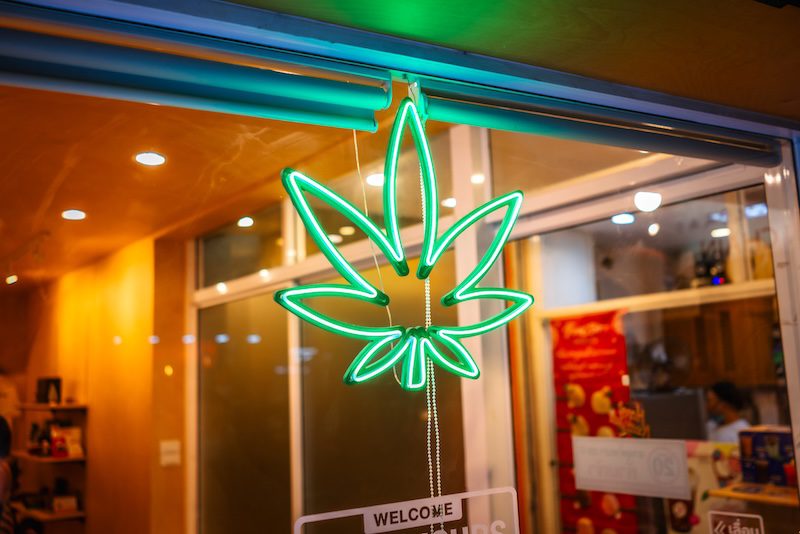
(Photo by Abbestock/Getty Images)
Shop owner: Everyone can benefit from THC products
During a recent press conference, Patrick claimed that THC products are “a poison to our public.”
Stinnett, who opened her shop after her experience with cancer, said she disagrees.
“ Emerald Organics was born because of my personal experience when I was in cancer treatments,” said Stinnett. “I met someone when I was going through all of my treatments and he shared the medicinal and therapeutic benefits of the plant. Fast forward 10 years later, and my aunt was diagnosed with cancer, and it wasn’t until she started consuming cannabis that it turned her whole quality of life around.”
Cannabis can help treat cancer symptoms such as pain, nausea and vomiting, loss of appetite, stress and anxiety, and sleep problems, according to the Food and Drug Administration. To help relieve pain, experts recommend low-dose, non-inhaled cannabis products such as THC-infused edibles, according to the American Cancer Society.
“Hemp is a proven nutrient,” Stinnett said, “so what is this ban trying to prove?”
“ People from all walks of life come into our store, because the main thing that this plant helps people with is sleep or relief from stress,” she added. “We have veterans, we have professional attorneys, we have people that work in the food and beverage industry. It’s our grandmothers, sisters and aunts, and people that are in college. I can’t even pinpoint exactly the type of people that come into our store, because it’s everyone.”
Expanding Texas’ medical marijuana program is too little, too late
While House Bill 46, which also passed the legislature, expands the pool of individuals who qualify for the Texas Compassionate Use Program, business owners are calling it a distraction and a move that is “too little.”
Under the program, patients with certain medical issues, such as cancer or PTSD, are eligible to receive medical-grade cannabis products for treatment. Those with chronic pain are also allowed to apply.
“ It’s definitely too little, it does nothing for the patient,” Claudio said. “The arbitrary numbers that they’re setting for the THC amounts really don’t add up to much, so if you’re a cancer patient and you can’t eat or you’re in extreme pain, you need something stronger than what they’re offering. But nobody can afford to buy 120 gummies because they have to eat four at a time.”
“If one cancer patient gets relief from this product, then why would we stop them from having it?” he added.
Mathias echoed Claudio’s sentiments that the changes to the medical marijuana program are not a win.
“ To me it’s not a win, it’s just lip service for the government. The number of people actually using the program is so small because of so many different factors,” she said.
“One, you’re not getting an actual full THC product, there’s limits on the percentage,” she added. “Two, getting that license is incredibly difficult. Three, most people in Texas do not live near a licensed dispensary. Not to mention, the people that actually own these licensed dispensaries are not community members, they’re giant corporations because nobody can afford to enter the Compassionate Use Program in Texas.”
Shop owners offer final plea for Abbott’s veto
Roughly 120,000 letters were sent to Abbott’s office on June 2, pleading for the governor to veto the bill.
“If Abbott doesn’t veto this bill, all of these businesses — overnight, as soon as this bill becomes law — will be out of business,” Armintor said. “The financial effects on communities and individuals will be dire.”
Claudio said that if he could meet with Abbott, he’d tell him to think about the patients.
“The people that come in and the people that need it,” he said. “These are fellow Texans, and no matter what side of the aisle you are on, this stuff does bring relief to them and they should be able to get it, and we should be able to offer it.”
And while Mathias said she has been pretending since the very beginning of the legislative session that the ban will go through to help prepare herself for the fallout, she still urged Abbott to “not be the person” that takes THC away.
“Don’t be that person that takes away this plant for hundreds of thousands of people,” she said. “Just go talk to a couple of veterans and listen to what they say about what this does for them. Don’t be the man that does this.”
DFW Newsletter Editor Joi Louviere and Courier Texas intern Zahiyah Carter contributed to this story.
Support Our Cause
Thank you for taking the time to read our work. Before you go, we hope you'll consider supporting our values-driven journalism, which has always strived to make clear what's really at stake for Texans and our future.
Since day one, our goal here at COURIER Texas has always been to empower people across the state with fact-based news and information. We believe that when people are armed with knowledge about what's happening in their local, state, and federal governments—including who is working on their behalf and who is actively trying to block efforts aimed at improving the daily lives of Texas families—they will be inspired to become civically engaged.








